Prince William, homelessness and a question of privilege
Push by the Prince of Wales to end homelessness has been welcomed by some, but is he the the wrong person for the job?
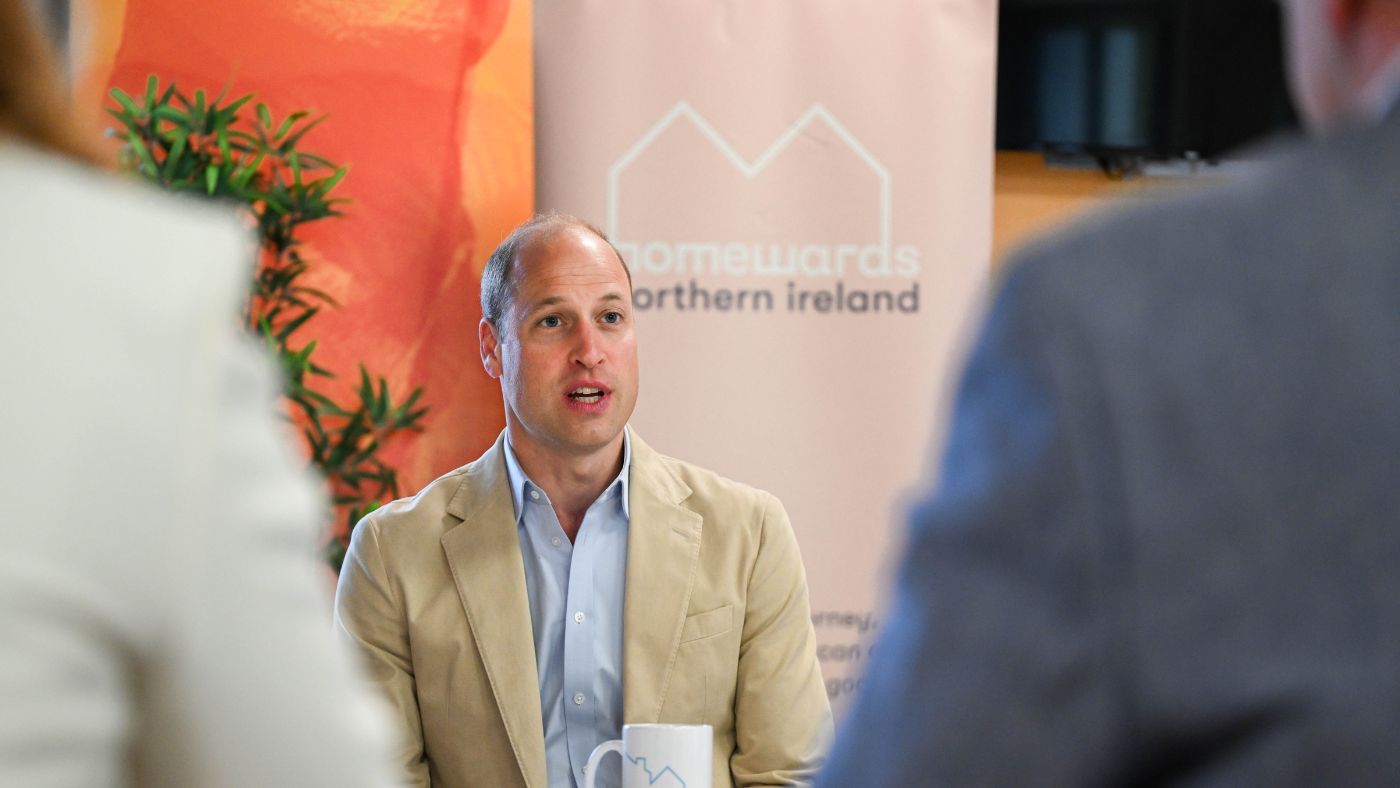
A free daily email with the biggest news stories of the day – and the best features from TheWeek.com
You are now subscribed
Your newsletter sign-up was successful
The Prince of Wales’s announcement that his primary philanthropic focus before he becomes king will be to tackle homelessness has received a mixed reception.
In a speech earlier this week, Prince William pledged £3 million as an initial contribution towards his ambitious plan, called Homeward, which aims to eradicate homelessness. However, some commentators have questioned whether the fund is significant enough while others have suggested that someone born into such profound privilege might not be the right ambassador for the issue.
‘A sensible choice, but slightly limited’
In his speech in Brixton, south London, Prince William said he hoped his five-year programme would “inspire belief throughout the UK and beyond that homelessness can be ended for good.”
The Week
Escape your echo chamber. Get the facts behind the news, plus analysis from multiple perspectives.

Sign up for The Week's Free Newsletters
From our morning news briefing to a weekly Good News Newsletter, get the best of The Week delivered directly to your inbox.
From our morning news briefing to a weekly Good News Newsletter, get the best of The Week delivered directly to your inbox.
Taking on homelessness is “a sensible choice” for the Prince, said The Spectator. It is a “fairly uncontroversial cause” and one which is “unlikely to bring him into conflict with his father’s government”, the magazine said. “Yet the future king could do far more than the current, limited project – by turning some of his own land over to the houseless.”
“Whatever your view on equality… it would still, I think, strike you as piquant that a man with housing plenty beyond anything he could ever use would style himself as ambassador for the business of getting people off the streets,” agreed The Guardian’s Zoe Williams.
Yet away from the optics of who the messenger is and the scope of William’s own financial contribution, “what he can do is convene”, said Sky News’s royal correspondent Laura Bundock. “And it’s this power he wants to turbo-charge when it comes to homelessness.”
“The big question,” she said, is whether this will be enough to end the cycle of homelessness? But in Newport, Gwent, at least, one of the six locations being targeted, “there is optimism” that he might, she added.
A free daily email with the biggest news stories of the day – and the best features from TheWeek.com
Fran Richley, the operational manager at Eden Gate, a homeless charity in the city, told Bundock that “one of the main things we want to do is bring about change – not maintain the status quo. And it’s really exciting what His Royal Highness has been saying because that’s exactly where we’re at.”
The campaign is ‘not without risk’
Everyone can agree ending homelessness is a good idea, said Stephen Bush in the Financial Times, but one risk to the Prince of Wales, “is that instead of doing something that everyone agrees with but we aren’t sure how best to do – encouraging young people to set up businesses, say, or to enjoy exercise, or get out in the fresh air – he is instead doing something that everyone agrees with but that governments are historically reluctant to fund”.
Accordingly, his campaign “surely increases the possibility for awkwardness between the heir to the throne and the elected government, regardless of its hue”.
Taking on such a sensitive topic “pushes [William’s] political neutrality to its limits,” agreed Bundock. “But some say it’s what he has to do if he’s to prove his relevance with an ever-apathetic public.”
Yet if anyone can tackle the issue, it’s him, said Seyi Obakin, chief executive of the youth homelessness charity Centrepoint, who spent eight years in social housing.
“I believe he’s in a unique position to bring people together, not just to focus on the problem, but actually to say, which solutions could have a lasting impact,” he told The Telegraph.
The greatest contribution the Prince can offer is to help make progress in addressing the stigma associated with homelessness, Obakin added.
Arion McNicoll is a freelance writer at The Week Digital and was previously the UK website’s editor. He has also held senior editorial roles at CNN, The Times and The Sunday Times. Along with his writing work, he co-hosts “Today in History with The Retrospectors”, Rethink Audio’s flagship daily podcast, and is a regular panellist (and occasional stand-in host) on “The Week Unwrapped”. He is also a judge for The Publisher Podcast Awards.
-
 How the FCC’s ‘equal time’ rule works
How the FCC’s ‘equal time’ rule worksIn the Spotlight The law is at the heart of the Colbert-CBS conflict
-
 What is the endgame in the DHS shutdown?
What is the endgame in the DHS shutdown?Today’s Big Question Democrats want to rein in ICE’s immigration crackdown
-
 ‘Poor time management isn’t just an inconvenience’
‘Poor time management isn’t just an inconvenience’Instant Opinion Opinion, comment and editorials of the day
-
 ‘Something close to a universal rallying cry’
‘Something close to a universal rallying cry’Instant Opinion Opinion, comment and editorials of the day
-
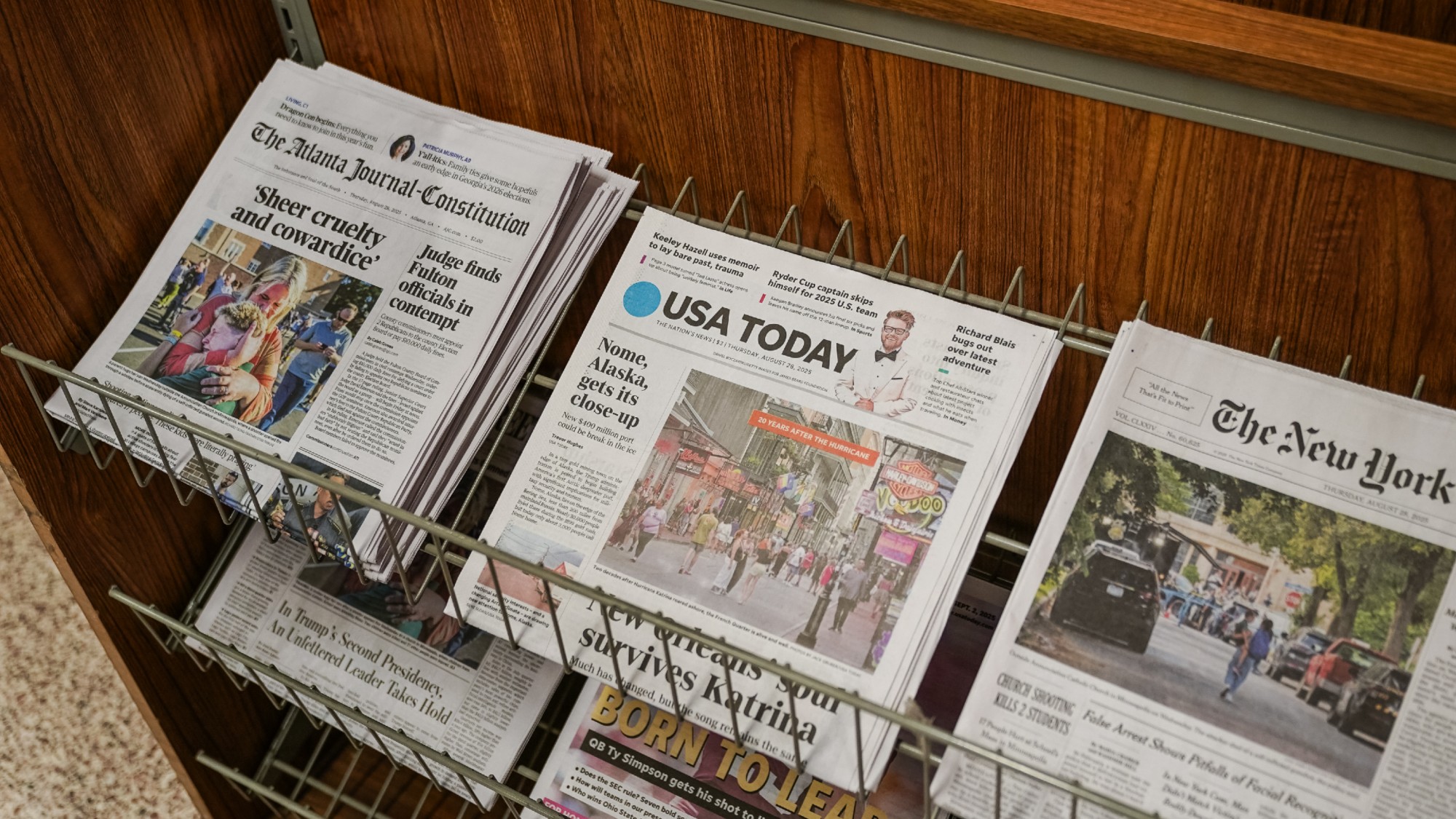 ‘Journalism is on notice’
‘Journalism is on notice’Instant Opinion Opinion, comment and editorials of the day
-
 ‘City leaders must recognize its residents as part of its lifeblood’
‘City leaders must recognize its residents as part of its lifeblood’Instant Opinion Opinion, comment and editorials of the day
-
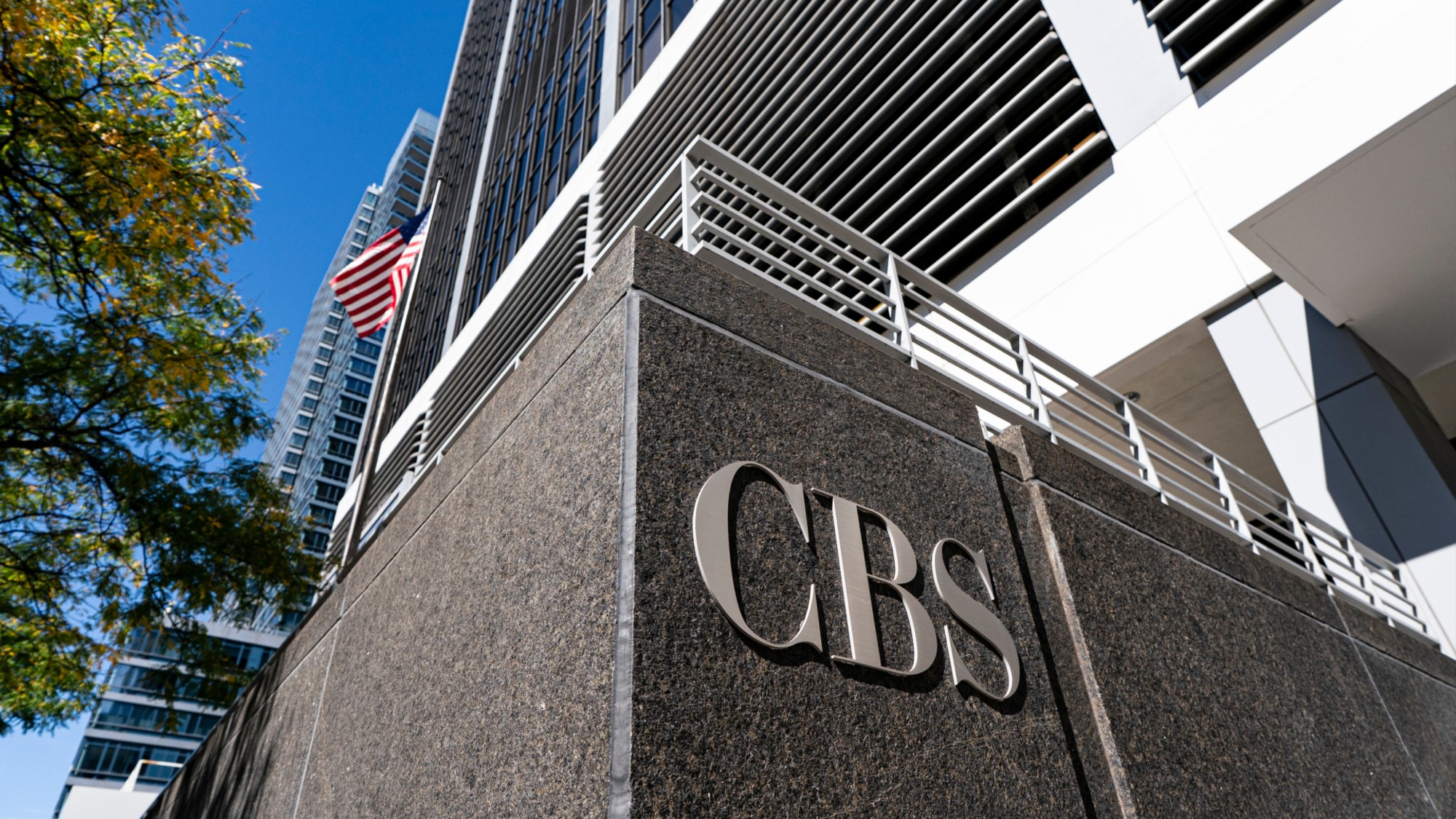 ‘A legacy news brand brings a visibility of its own’
‘A legacy news brand brings a visibility of its own’Instant Opinion Opinion, comment and editorials of the day
-
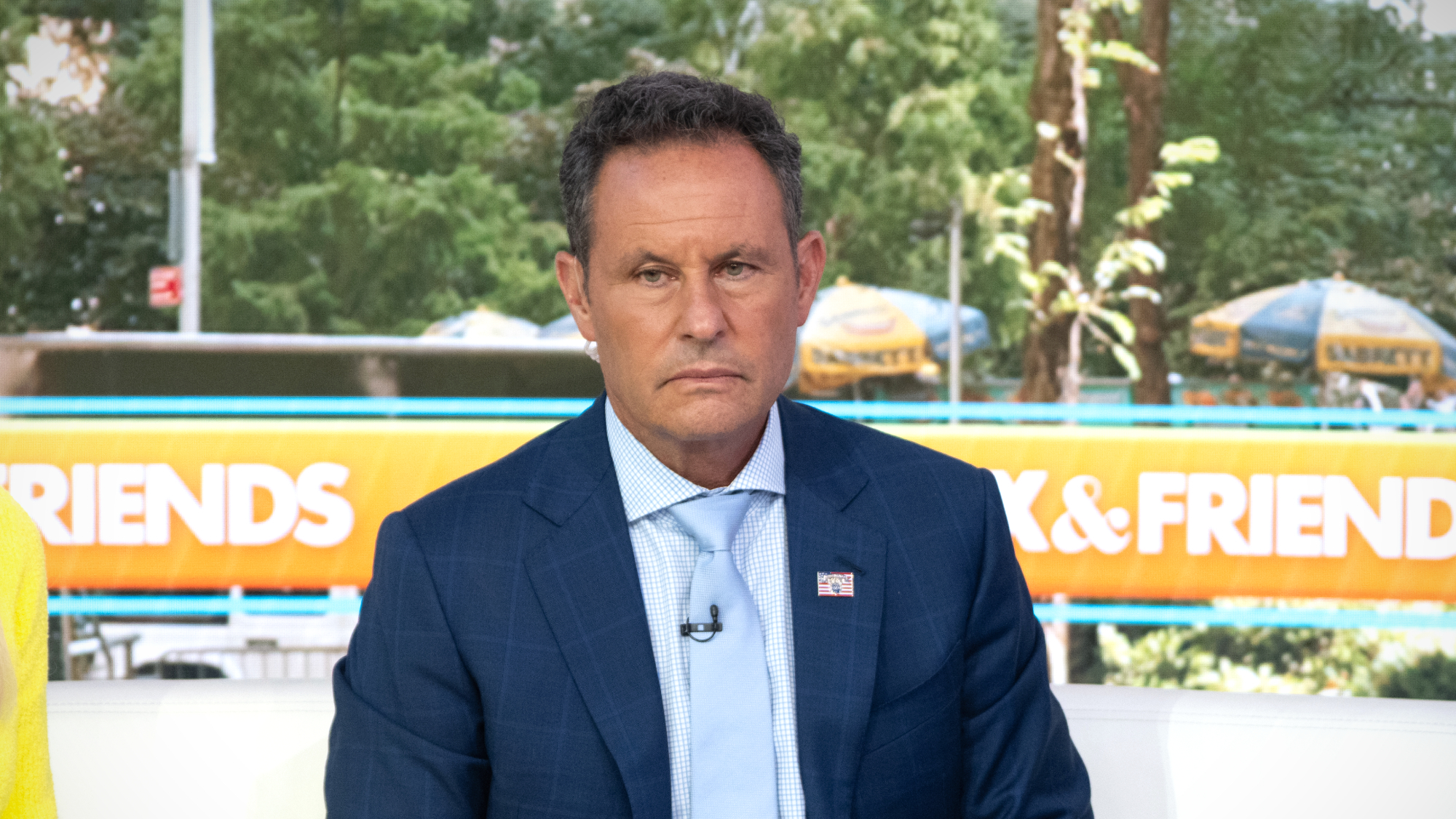 Fox’s Kilmeade sorry for ‘just kill’ homeless remark
Fox’s Kilmeade sorry for ‘just kill’ homeless remarkSpeed Read Kilmeade’s ‘rare on-air apology’ also served as Fox News’ response to the controversy
-
 Hostile architecture is 'hostile — to everybody'
Hostile architecture is 'hostile — to everybody'Instant Opinion Opinion, comment and editorials of the day
-
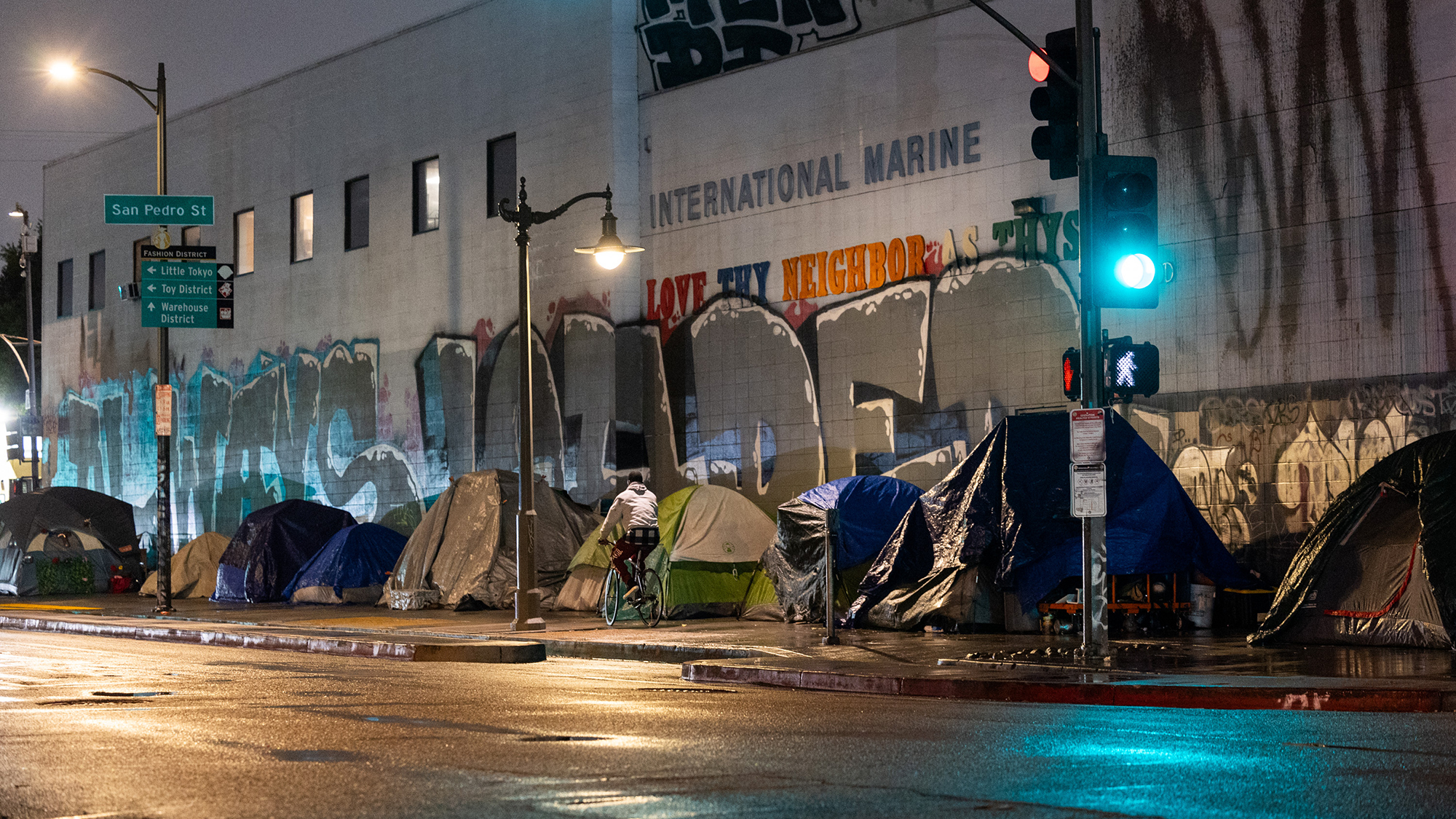 Trump executive order targets homeless
Trump executive order targets homelessSpeed Read It will now be easier for states and cities to remove homeless people from the streets
-
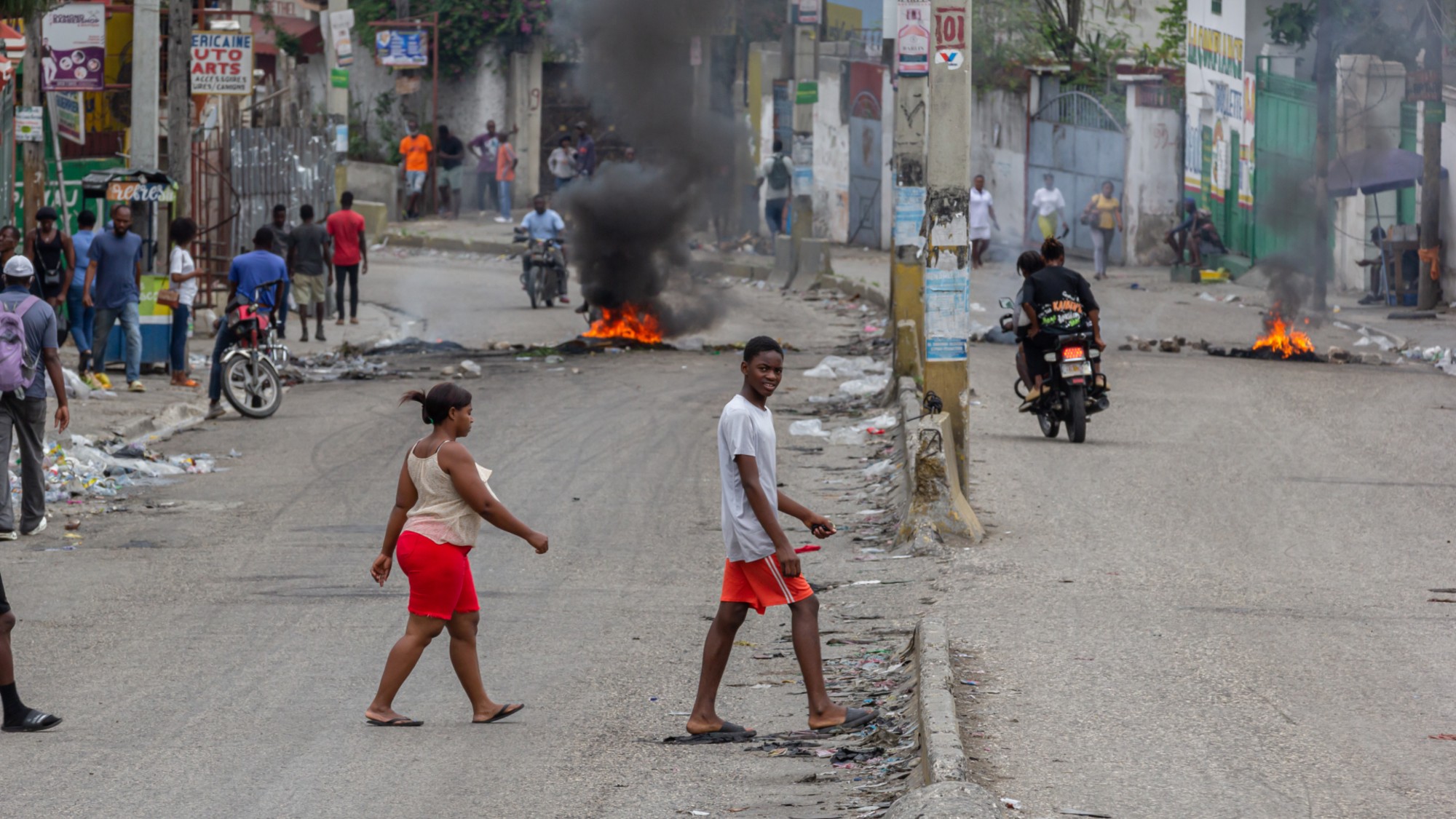 'Haiti's crisis is a complex problem that defies solution'
'Haiti's crisis is a complex problem that defies solution'Instant Opinion Opinion, comment and editorials of the day